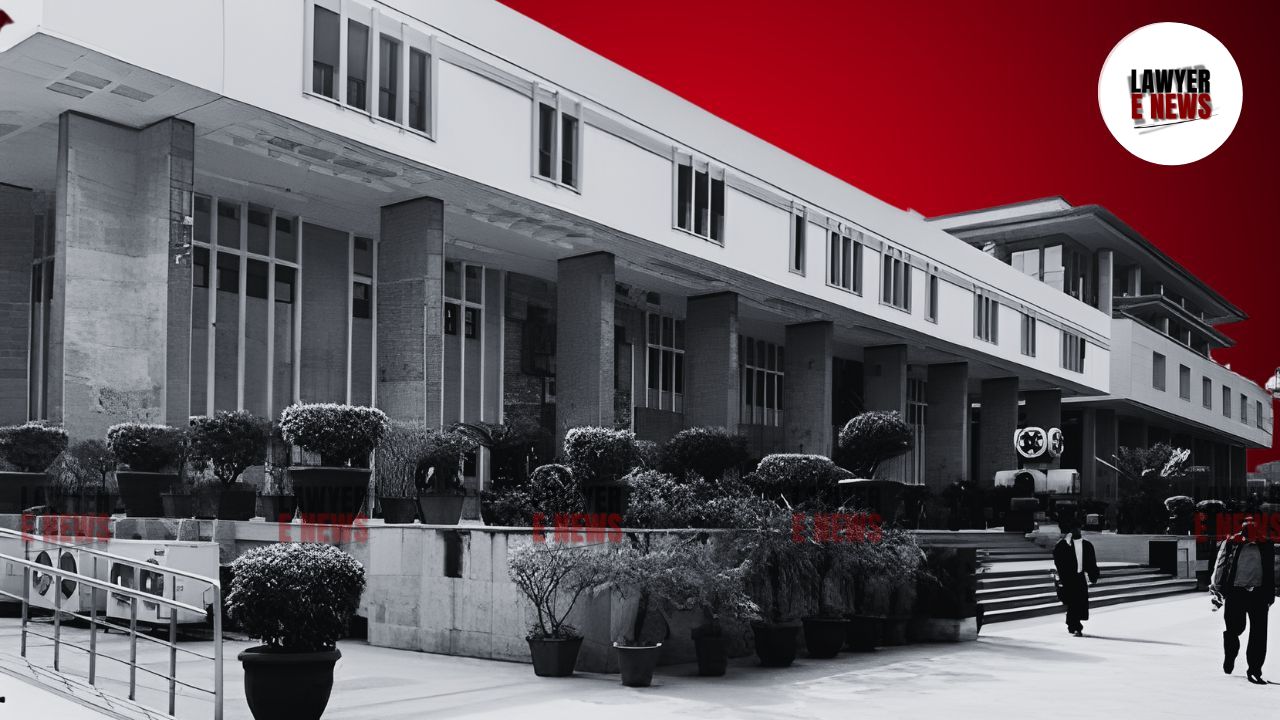-
by Admin
15 February 2026 5:35 AM



On September 18, 2024, the Delhi High Court, presided over by Justice Saurabh Banerjee, delivered a significant ruling in the case of Noor Afshan vs. Shiv Lock House & Others (Civil Suit (Commercial) No. 632 of 2016). The court dismissed an application filed under Order XXII Rule 10 of the Code of Civil Procedure, 1908, seeking substitution of the applicant, Mr. Abdul Wahid, in place of the deceased original plaintiff, Noor Afshan. The court ruled that the suit had abated due to an inordinate delay of more than six years in filing the application, thereby setting a precedent on the timeliness required for such applications.
The case originated with Noor Afshan, the original plaintiff, filing a suit involving the trademark "Koyo." Following her death on December 24, 2020, her son, Abdul Wahid, sought substitution in the ongoing suit based on a Family Settlement-cum-Agreement executed in 2016 that allegedly transferred the rights to him. The application for substitution was filed long after the plaintiff's death and the execution of the agreement, raising concerns about the timeliness and validity of the application. The court had to address whether the applicant could be substituted given the substantial delay.
The primary legal issues revolved around the abatement of the suit under Order XXII Rule 3 CPC and the substitution of the plaintiff under Order XXII Rule 10 CPC. The court examined the mandatory provisions concerning the death of a plaintiff and the statutory requirement to file a substitution application within three months. The court also considered the applicant's reliance on prior judgments where similar reliefs were granted, assessing whether these precedents were applicable given the facts of this case.
Delay in Application Filing: The court noted that the applicant waited for more than six years after the execution of the Family Settlement-cum-Agreement and nearly three years after the plaintiff's death to file the substitution application. The court found this delay to be inordinate and without a cogent explanation. It stated, "There is no cogent and/or plausible explanation sought/given by him for the said gross unexplained delay of more than six years therein" [Para 10].
Abatement of Suit: The court held that the suit had abated as no steps were taken for substitution within the statutory period. It stated, "For all practical purposes, the present suit of the plaintiff is no more alive and thus fails" [Para 11].
Conduct of the Applicant: The court scrutinized the applicant's conduct, noting that he was aware of the proceedings and had even been cross-examined as a witness for the deceased plaintiff. Despite this, he failed to act promptly, demonstrating a lack of diligence. The court emphasized, "The applicant cannot seek to be clever by the half by trying to fill up the lacuna by way of the present application" [Para 11].
Rejection of Precedent Reliance: The court found the applicant’s reliance on previous judgments misplaced, stating that the circumstances of the case were different due to the long delay in seeking substitution. It remarked, "The reliance placed upon Judgments (Supra) are misplaced, particularly considering the length of the period of more than six years involved herein" [Para 15].
The court concluded that there was no surviving right to sue in favor of the applicant due to the abatement of the suit. Consequently, the application for substitution was dismissed. The judgment underscored the importance of timely action in legal proceedings, particularly in substitution applications following a plaintiff's death.
Date of Decision: September 18, 2024
Noor Afshan vs. Shiv Lock House & Others
